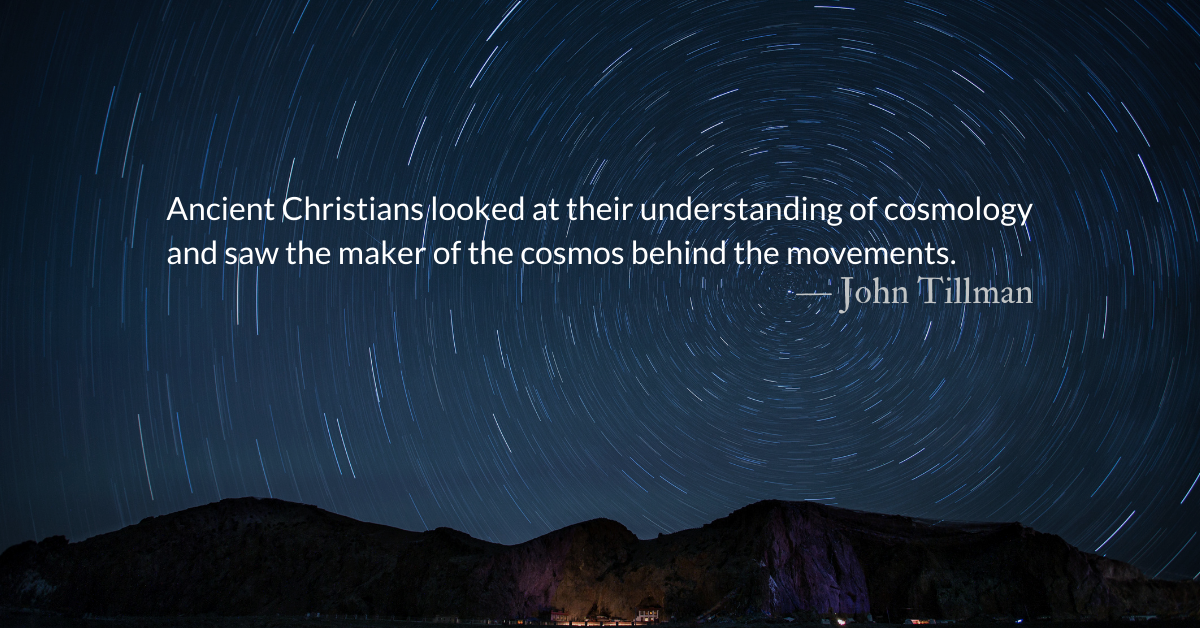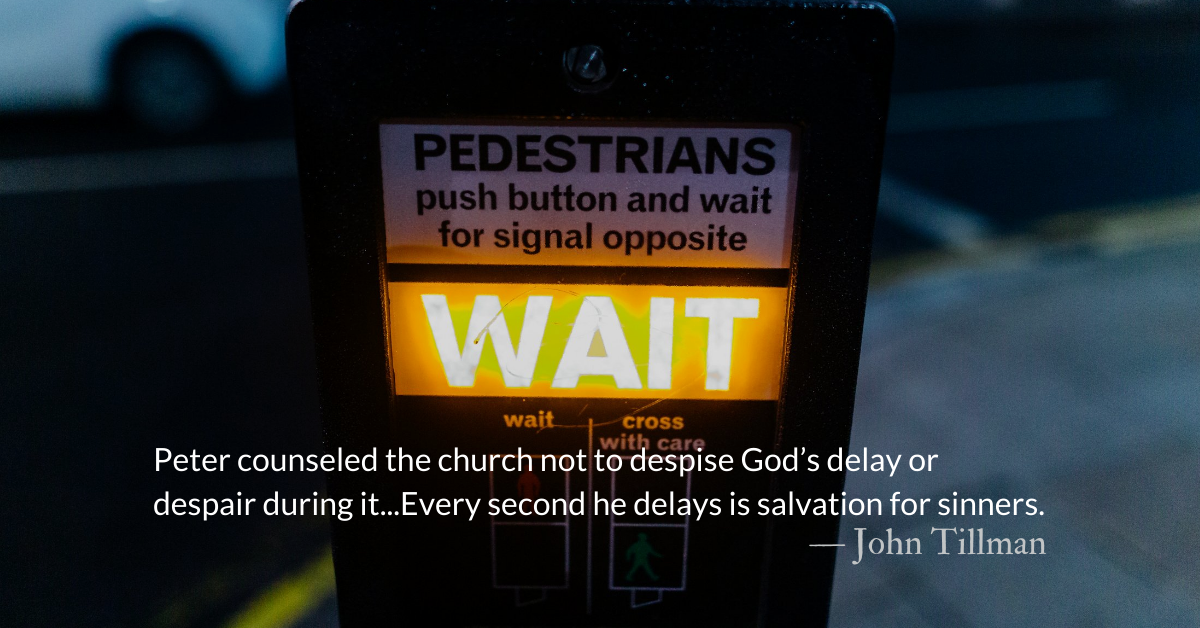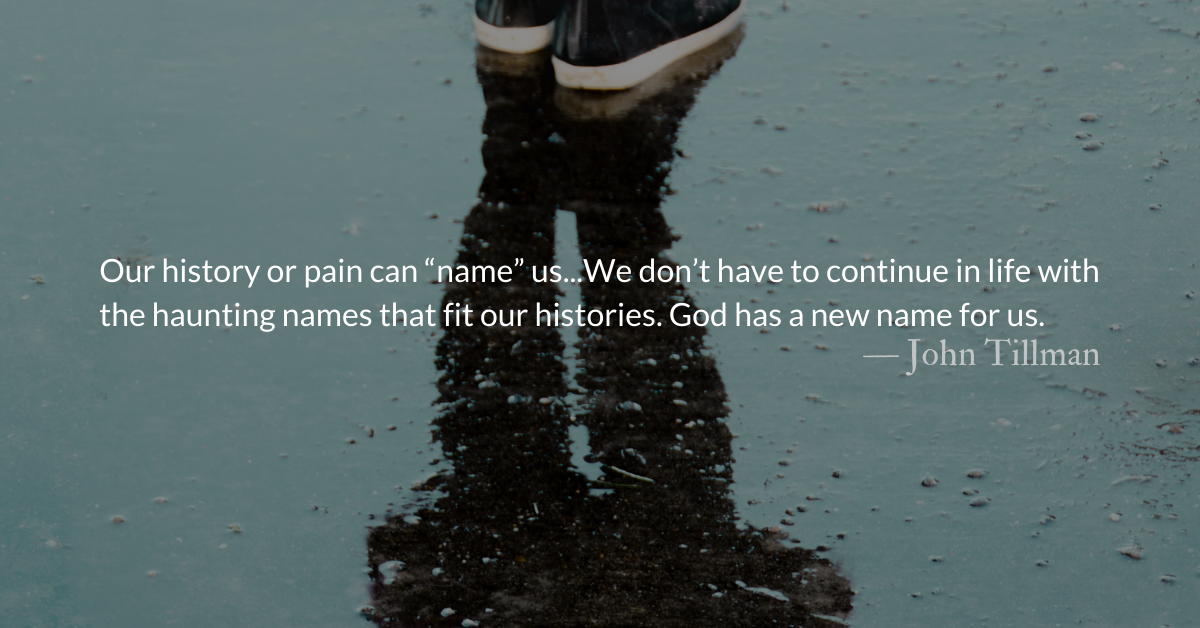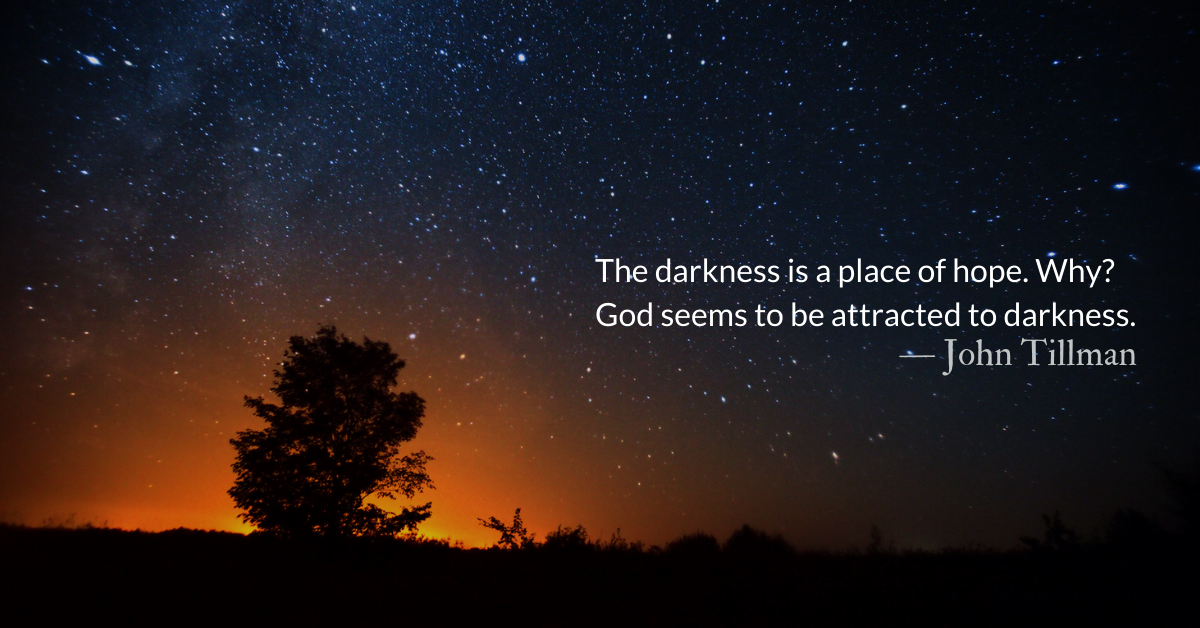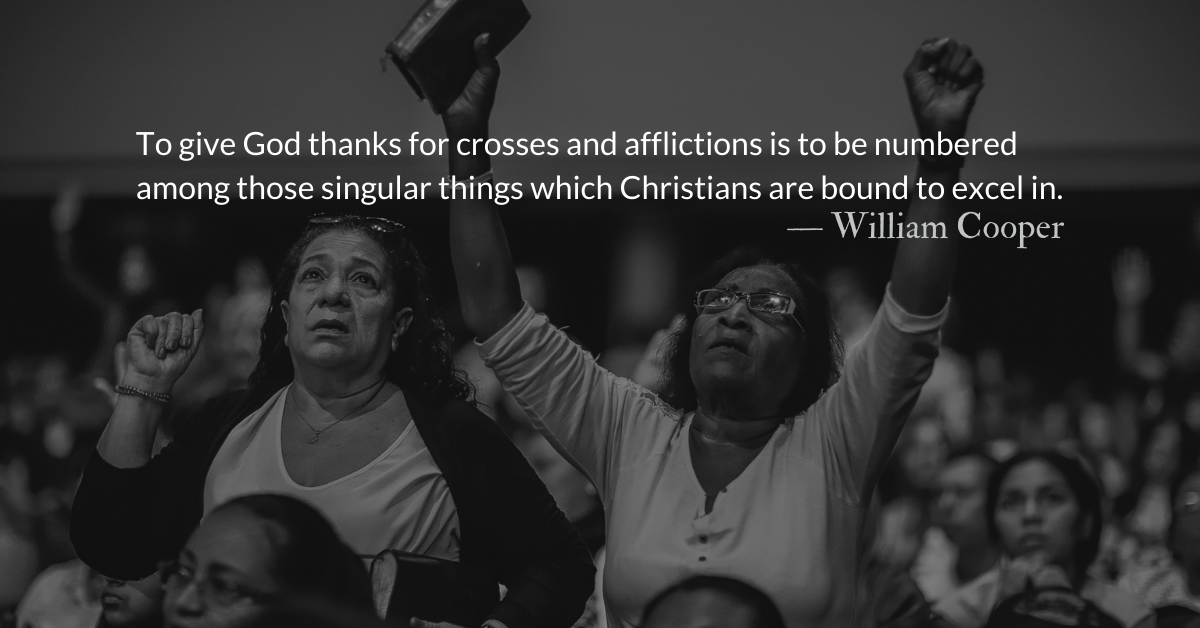Scripture Focus: 1 John 1.1
1 That which was from the beginning, which we have heard, which we have seen with our eyes, which we have looked at and our hands have touched—this we proclaim concerning the Word of life.
From John: We look back this Thursday to this post from 2019. We wait in hope, not for a day on a calendar but a date written in the heart of God when all will be set right once again.
Reflection: This We Proclaim — Hope of Advent
By John Tillman
What are we waiting for in Advent? A day on the calendar, yes. But there is more.
In Advent we begin with hope. This hope is not a wispy, wishful, thread. Christmas is sure and expected, arriving steadfastly in boxes checked off on a calendar and boxes packed and opened in times of gift-giving. Eventually, the day passes, the season moves on and we begin waiting for the day of Christmas all over again. But the day we wait for on the calendar is merely symbolic and is not the actual day we are truly longing for.
Christmas Day is not the day that Jesus was born. Only badly written holiday cards and holiday movies believe that. The ancient church did not fix the celebration of Advent around the winter solstice because of history, but because of pedagogy. Celebrating the birth of Christ as light coming into the world, just at the time at which our world is at its darkest point was not an accident and it wasn’t cultural appropriation. Ancient Christians looked at their understanding of cosmology and saw the maker of the cosmos behind the movements. They measured the observable scientific data of the movements of the heavens and saw an analogy placed there by the maker of those heavenly movements.
At the time when we are farthest from the light, Light itself steps closer to us.
At the time when the world is the darkest, God appears as light.
At the time when all seems to be sinking, God rises and raises us with him.
John, whose gospel is more of an artistic logical argument rather than a historical logical document, leaves us no room to suspect that the events he recorded were fables or myths or legends. In his letters, John unequivocally affirms the reality of his account of Christ. He, together with the other Apostles and disciples, touched and saw and heard the intangible, invisible, unknowable God in the person of Jesus Christ.
In Advent, we wait literally for a day on the calendar. In waiting for this day, we are learning to wait for the tangible, visible return of Christ. We see now as in a glass, darkly, then we will know face to face. And just as surely as the day on the calendar will return, so will also return, this same Jesus. As we wait, we learn to hope. Come, Lord Jesus!
Divine Hours Prayer: The Request for Presence
For God alone my soul in silence waits; truly, my hope is in him. — Psalm 62.6
– From The Divine Hours: Prayers for Autumn and Wintertime by Phyllis Tickle.
Today’s Readings
2 Chronicles 1 (Listen – 2:47)
1 John 1 (Listen – 1:28)
Read more about Supporting our Work|The Park Forum strives to provide short, smart, engaging, biblical content to people across the world for free with no ads. Gifts to The Park Forum support this mission.
Read more about Expectation Affects Anticipation
He has shown us what is required. Do good. Shun evil. Give extravagantly. Live sacrificed. This Advent, we ask ourselves, “What are we waiting for?” Get on with it.

